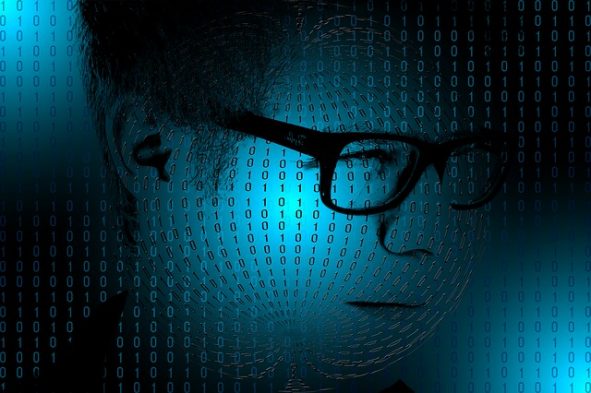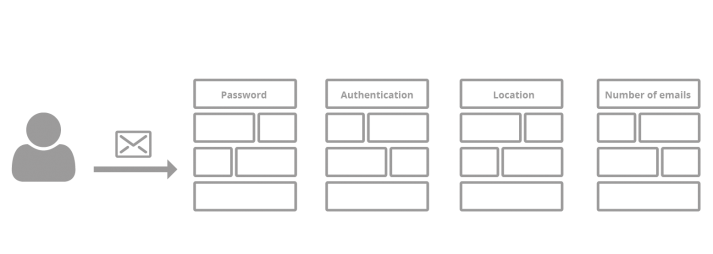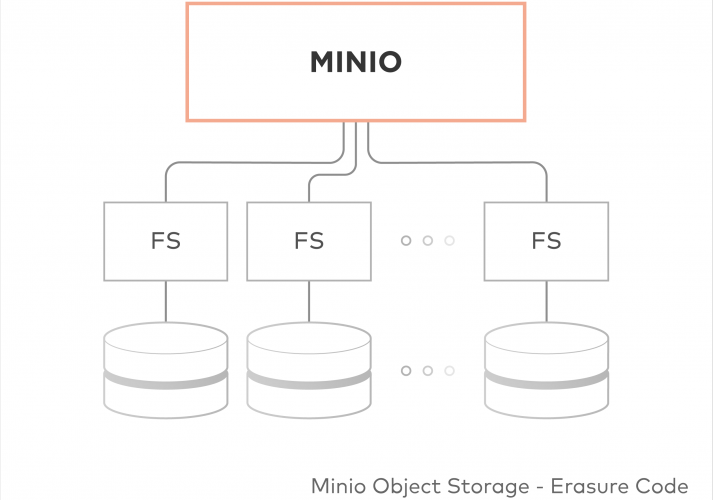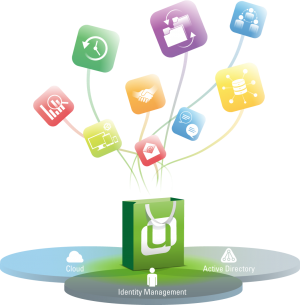MediaWiki – a Culture of Sharing Your Knowledge
Enterprise wikis are about technology and features – but also about the main principle of sharing.
Wikis were a small cultural revolution. The idea behind it: Different people join online to collaboratively write texts, review them, discuss changes, improve, supplement, link and categorize them. And through this work and combined knowledge of many people a powerful central knowledge base is created in which you almost always find what you need to know.
Wikipedia has consistently thought through the model of openly exchanging knowledge and made it popular. For 17 years Wikipedia has been the place to go for knowledge on the Web while the use of wikis has been spreading in companies, too. The open source software TWiki (1998) or the proprietary Confluence (2004) paved the way for the triumphant march of wiki technology in companies. Of course, the Wikipedia software MediaWiki (2002) also plays a part in the story about wikis in companies. But more on that in a moment.









